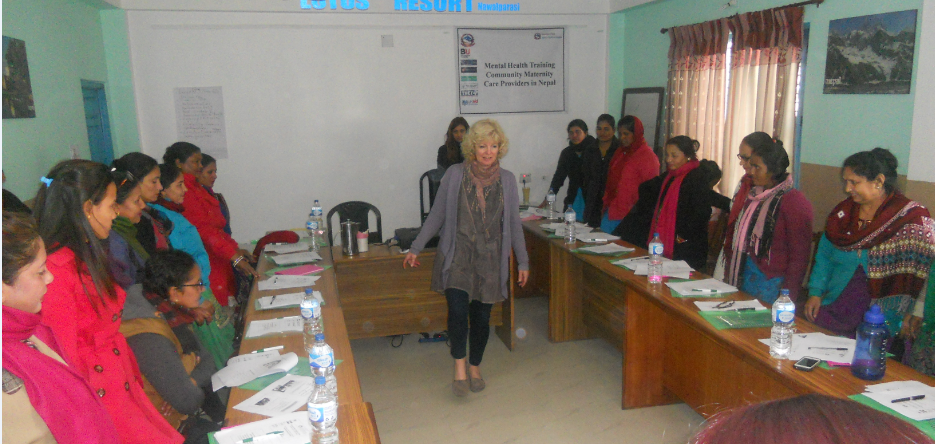 Congratulations to Mrs. Preeti Mahato on the acceptance of her paper ‘Qualitative evaluation of mental health training of Auxiliary Nurse Midwives in rural Nepal’ by Nurse Education Today, an academic journal published by Elsevier. Preeti is currently registered as PhD student in the Centre for Midwifery, Maternal & Perinatal Health (CMMPH). The paper is co-authored by CMMPH’s Catherine Angell and Edwin van Teijlingen as well as BU Visiting Faculty Padam Simkhada and Jillian Ireland. The paper is a result of the evaluation part of the ‘Mental Health Training for Community-based Maternity Providers in Nepal’ project and written on behalf of this THET team.
Congratulations to Mrs. Preeti Mahato on the acceptance of her paper ‘Qualitative evaluation of mental health training of Auxiliary Nurse Midwives in rural Nepal’ by Nurse Education Today, an academic journal published by Elsevier. Preeti is currently registered as PhD student in the Centre for Midwifery, Maternal & Perinatal Health (CMMPH). The paper is co-authored by CMMPH’s Catherine Angell and Edwin van Teijlingen as well as BU Visiting Faculty Padam Simkhada and Jillian Ireland. The paper is a result of the evaluation part of the ‘Mental Health Training for Community-based Maternity Providers in Nepal’ project and written on behalf of this THET team.

Our THET project in Nepal is a collaboration between the Centre for Midwifery, Maternal & Perinatal Health (CMMPH), Tribhuvan University (Nepal’s oldest university) and Liverpool John Moores University (LJMU). The project receives funding from DFID, and is managed through THET and supported locally in Nepal by a charity Green Tara Nepal.
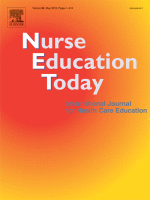
| THET team:
Edwin van Teijlingen, Padam Simkhada, Shyam K Maharjan Preeti Mahato, Bhimsen Devkota, Padmadharini Fanning, Jillian Ireland, Bibha Simkhada, Lokendra Sherchan, Ram Chandra Silwal, Shyam K Maharjan, Ram K Maharjan, Catherine Angell, Flora Douglas.
|
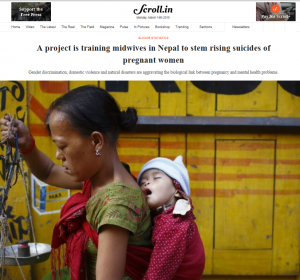
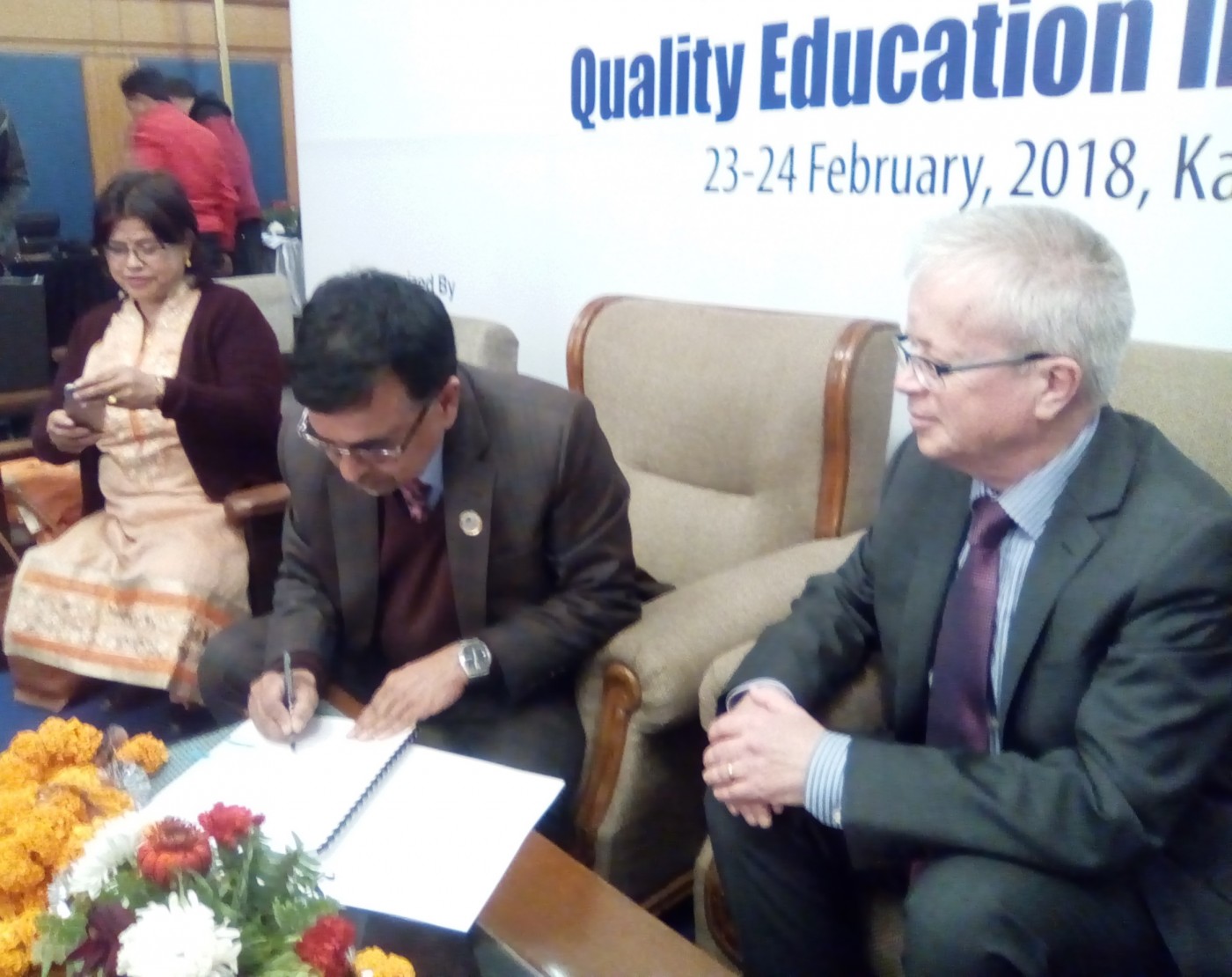


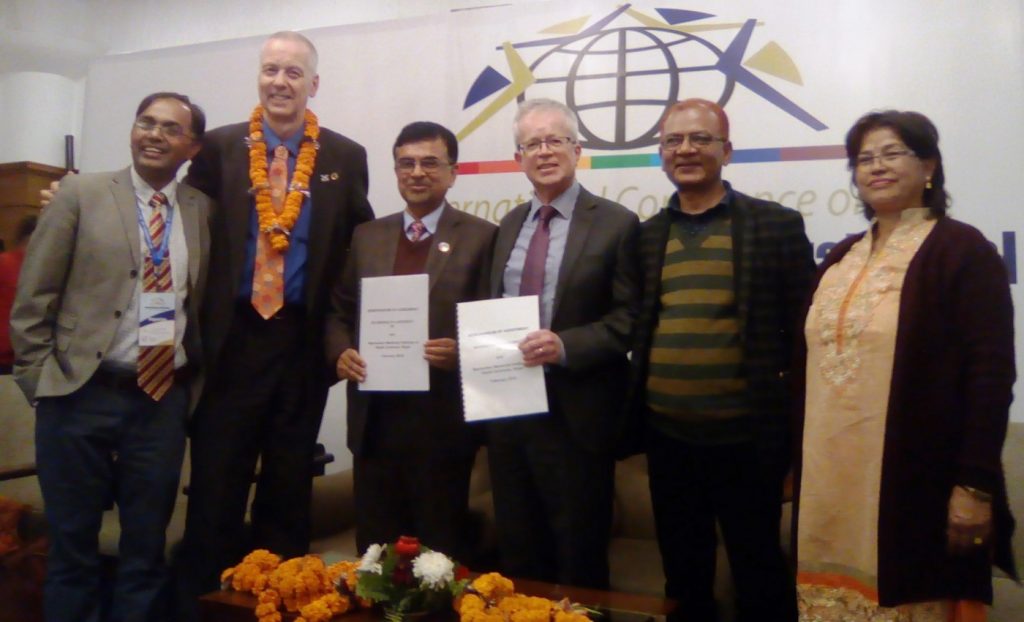
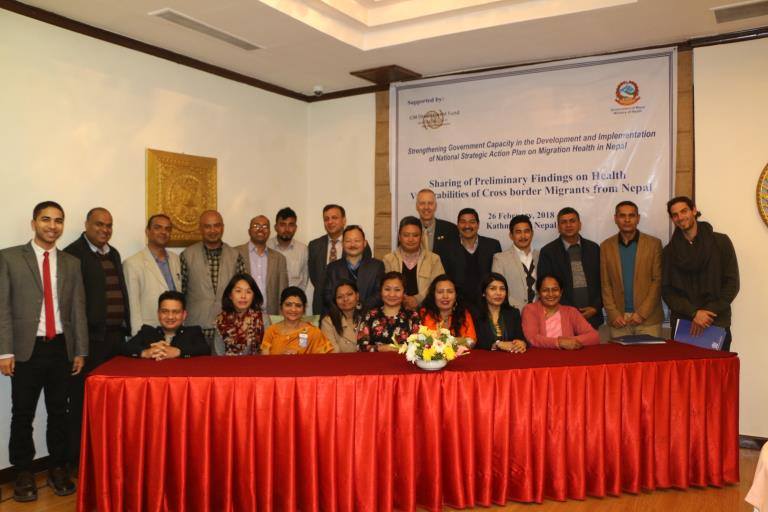

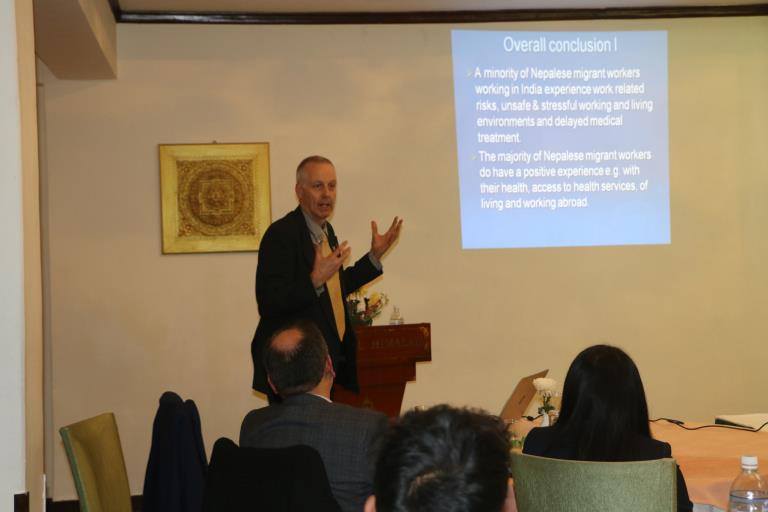
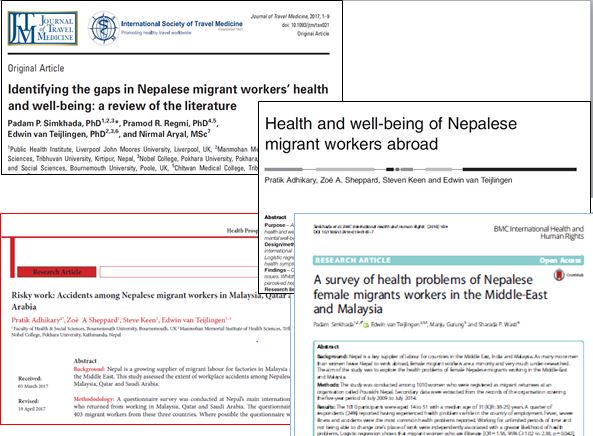
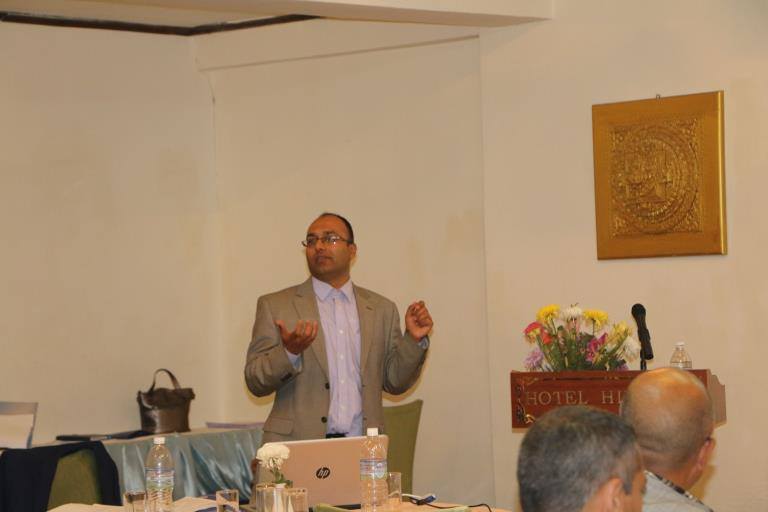
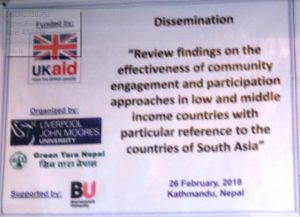
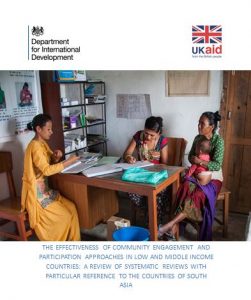
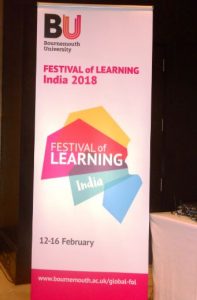
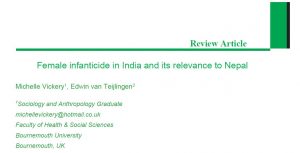
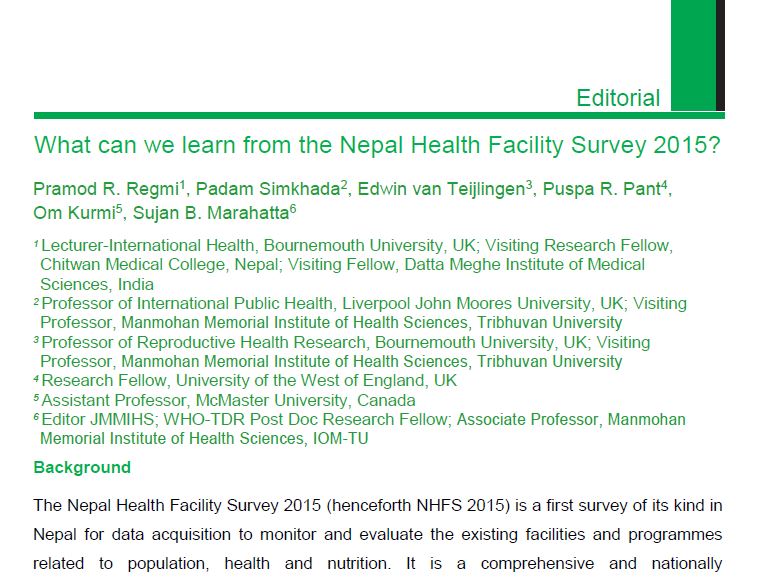
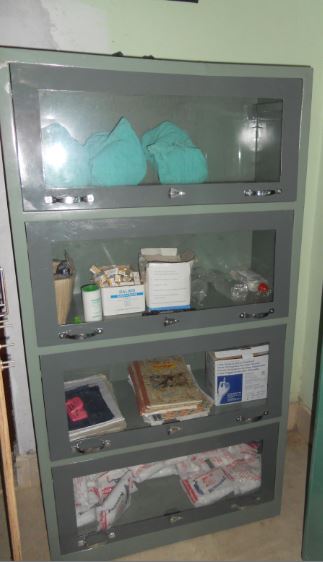
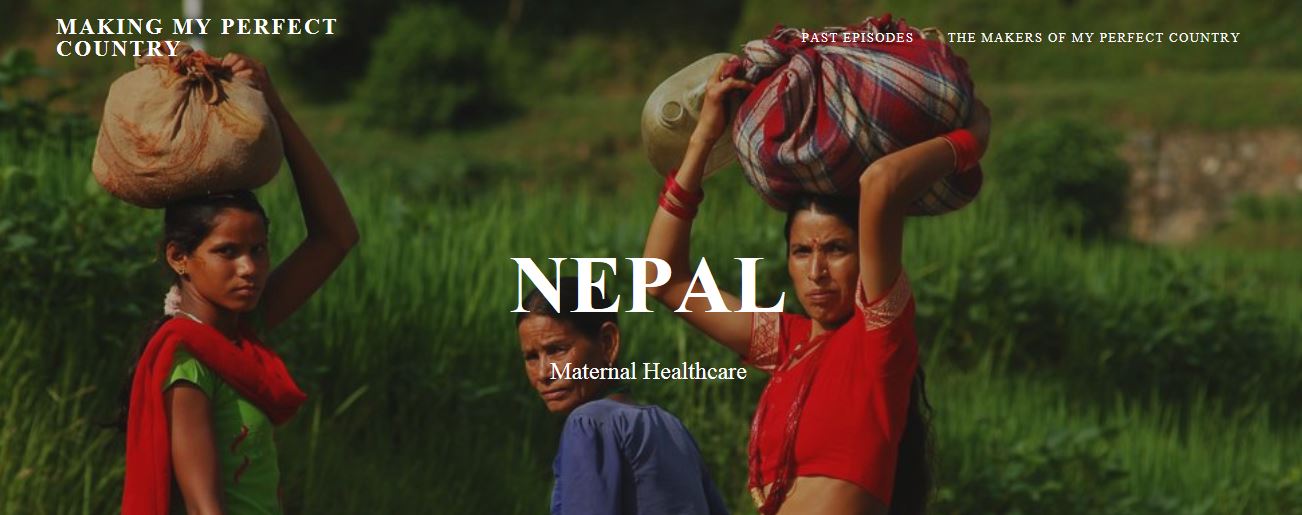

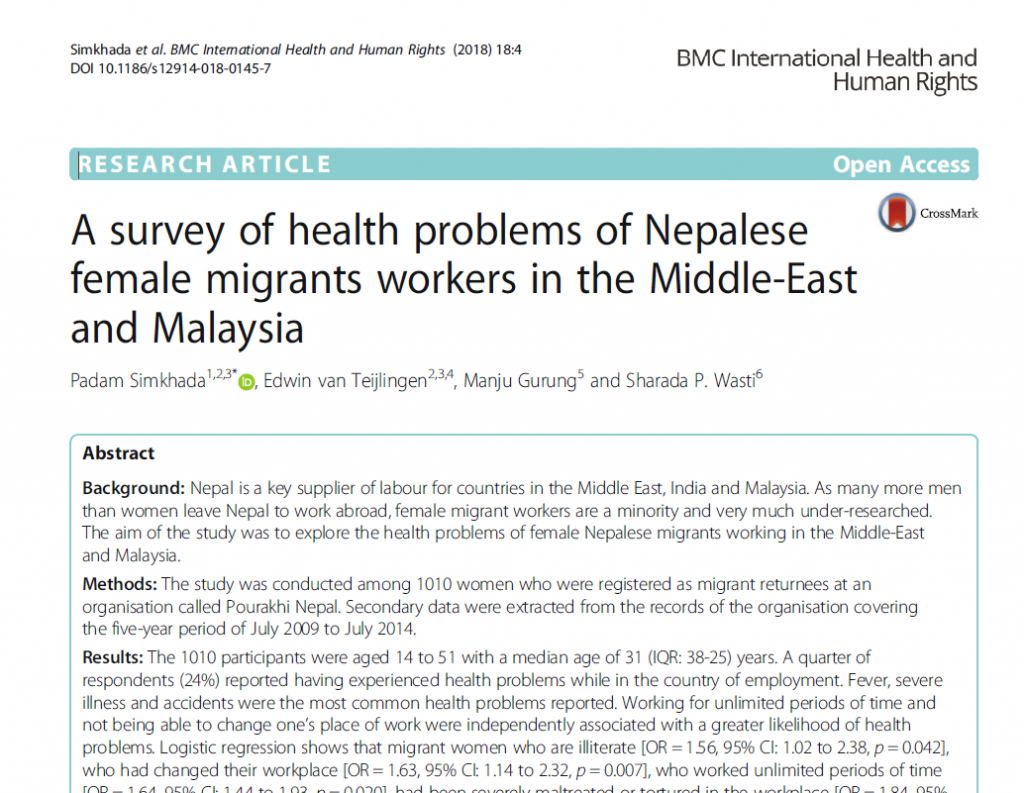
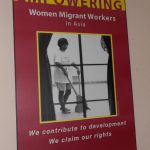

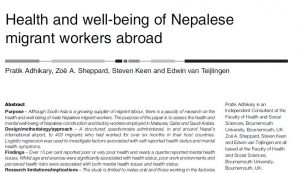
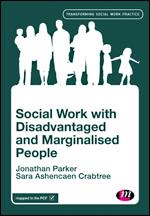
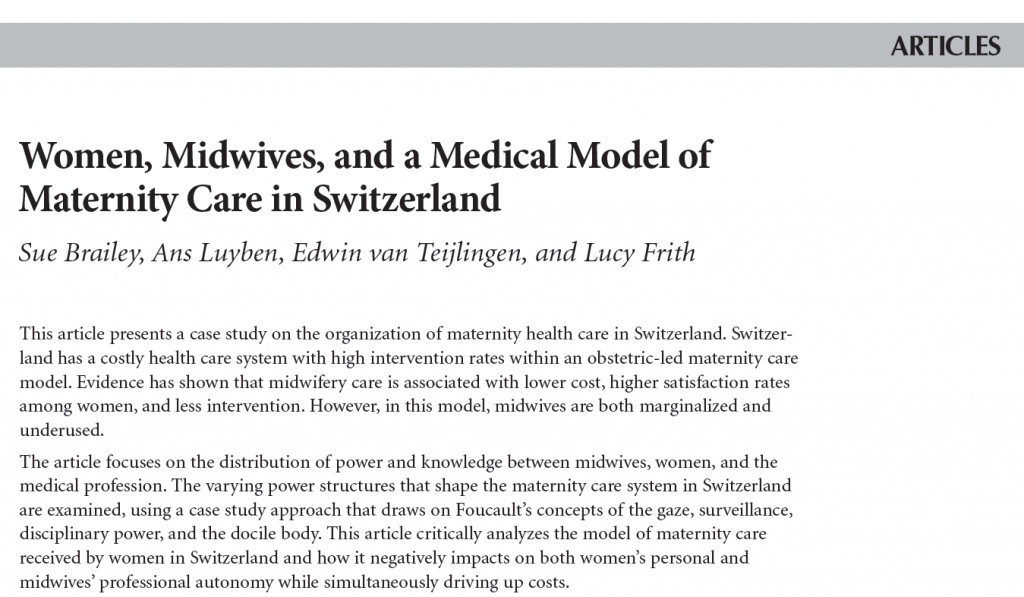


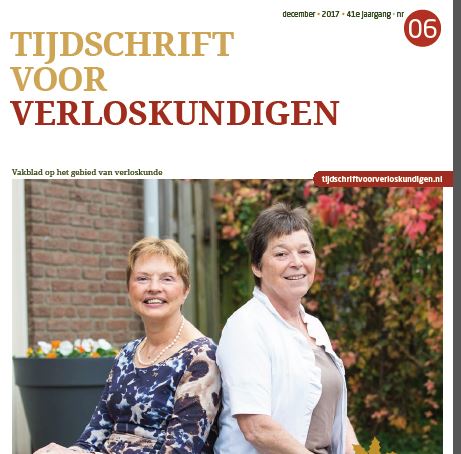

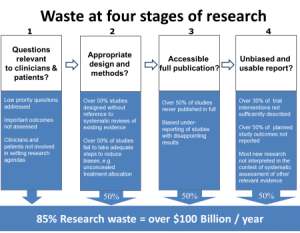
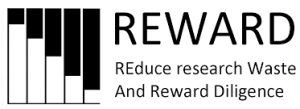











 Free event on Solutions to Inequalities in Dementia Diagnosis and Care
Free event on Solutions to Inequalities in Dementia Diagnosis and Care BU attendance at third annual GCPHR meeting in June
BU attendance at third annual GCPHR meeting in June Interactive Tangible and Intangible Heritage Applications – BU student work featured in new book chapter
Interactive Tangible and Intangible Heritage Applications – BU student work featured in new book chapter Second NIHR MIHERC meeting in Bournemouth this week
Second NIHR MIHERC meeting in Bournemouth this week MSCA Postdoctoral Fellowships 2025 Call
MSCA Postdoctoral Fellowships 2025 Call ERC Advanced Grant 2025 Webinar
ERC Advanced Grant 2025 Webinar Horizon Europe Work Programme 2025 Published
Horizon Europe Work Programme 2025 Published Horizon Europe 2025 Work Programme pre-Published
Horizon Europe 2025 Work Programme pre-Published Update on UKRO services
Update on UKRO services European research project exploring use of ‘virtual twins’ to better manage metabolic associated fatty liver disease
European research project exploring use of ‘virtual twins’ to better manage metabolic associated fatty liver disease